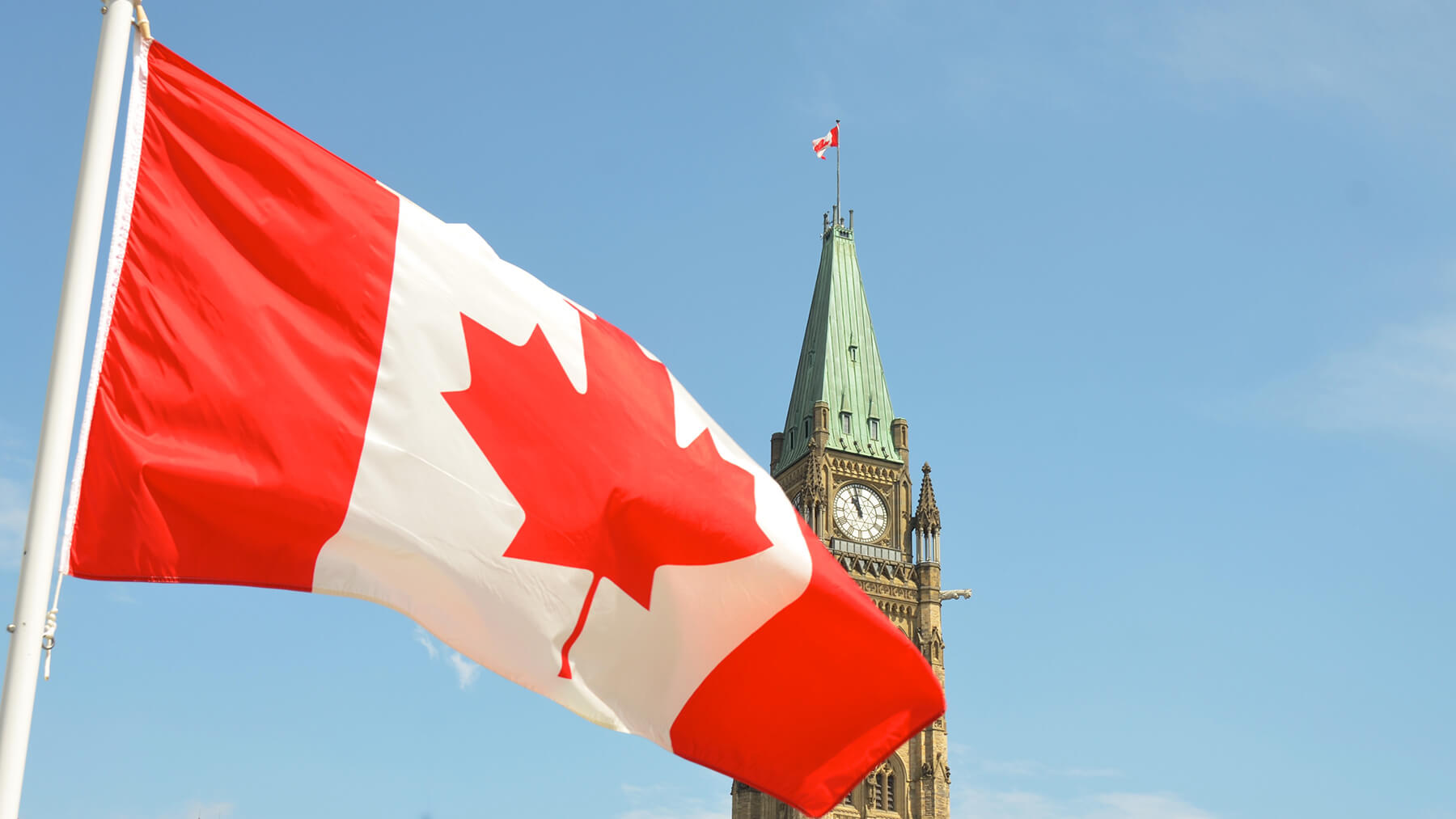
The Canadian government has revealed that it will restrict foreign nationals including Nigerians from acquiring ‘non-recreational, residential property in Canada for a period of two years.
The restriction, however, excludes foreign nationals who have become permanent residents of the country.
“To make sure that housing is owned by Canadians instead of foreign investors, Budget 2022 announces the government’s intention to propose restrictions that would prohibit foreign commercial enterprises and people who are not Canadian citizens or permanent residents from acquiring non-recreational, residential property in Canada for a period of two years,” the budget document states.
The budget 2022 document is titled ‘A Plan to Grow Our Economy and Make Life More Affordable.’ It was presented by Chrystia Freeland, Canada’s deputy prime minister, and finance minister.
“So let me explain what we need if we are to build a strong country here at home: we need housing that is affordable for everyone, and investments that ensure an entire generation is not priced out of owning a home,” Ms. Freeland said in a tweet explaining the importance of the budget.
According to the budget document, for years, foreign money has been coming into Canada to buy residential real estate.
This has fueled concerns about the impact on costs in cities like Vancouver and Toronto and worries about Canadians being priced out of the housing market in cities and towns across the country.
The new law will exempt refugees and people who have been authorized to come to Canada under emergency travel while fleeing international crises.
Additionally, “international students on the path to permanent residency would also be exempt in certain circumstances, as would individuals on work permits who are residing in Canada.”
Home prices in Canada have soared more than 50 percent since 2020. The market saw a record monthly increase in February as buyers acted ahead of rate increases by the Bank of Canada, taking the benchmark price of a home to C$869,300 ($693,000).
Canada, since 2015 when it commenced its ‘Express Entry programme’ to immigrants, has become a choice location for Nigerians and has seen a significant influx of Nigerians into its territory.
The numbers have more than tripled since 2015 when they rose from about 4,000 to nearly 13,000 in 2019.
For the fifth year running, more Nigerians emigrated to Canada than the year before and the number of Nigerians granted permanent residency has more than tripled since 2015, rising from 4,090 to a peak of 12,600 in 2019, before COVID-19 slowed it.
A 2020 survey conducted by the Africa Polling Institute (API), a non-profit research think-tank, found the key “push factors” for the exodus of Nigerian immigrants to Canada to be due to Nigeria’s weak economy, heightened insecurity, perceived poor governance, and the huge appetite for foreign degrees by citizens.
Second only to Russia by land size, Canada’s total land area of approximately 3.9 million square miles (10 million square km) means it is about 11 times the size of Nigeria.
But despite this specialty sprawling beneath the grandeur of its arctic frozen tundra and archipelago, the bilingual country (English and French) is one of the most sparsely populated countries in the world.
Nearly 80 percent of Canada’s 38 million population live within 93 miles (150 kilometers) of the Canada-United States border, leaving a vast swathe of the nation’s territory unoccupied. Senior citizens outnumber children too.








![I Didn’t Divert N10bn Abia Airport Funds, I Reallocated It For Greater Good – Ikpeazu [Video] I Didn't Divert N10bn Abia Airport Funds, I Reallocated It For Greater Good - Ikpeazu [Video]](https://abntv.com.ng/wp-content/uploads/2024/05/Okezie-Ikpeazu-100x75.jpg)
